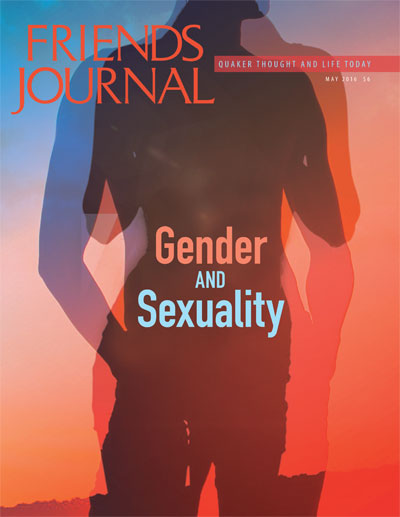Packard—Rosa Covington Packard, 80, on February 22, 2016, in Media, Pa., after a long illness. Rosa was born on May 30, 1935, in New York City and grew up in Princeton, N.J. She graduated from Vassar College in 1956, received a Montessori diploma in 1963, and worked for many years as an educational consultant to Montessori schools. She designed and led Montessori teacher training workshops around the country, including at the Pine Ridge reservation, South Dakota, where the Oglala Lakota participants affectionately nicknamed her “Pepper.” Her 1972 book about the Montessori method, The Hidden Hinge, continues to be used in teacher training courses today.
Her marriage, to Edward Packard, ended in divorce in 1972. A longtime resident of Greenwich, Conn., she was a passionate advocate for civil rights and a generous host and mentor to people experiencing personal difficulties. She became a Quaker in 1976, serving as clerk of Stamford-Greenwich (Conn.) Meeting, later joining Purchase (N.Y.) Meeting and New York Yearly Meeting, and serving on the board of Friends World College. As a trainer and volunteer for the Alternatives to Violence Project, she gave conflict resolution workshops in prisons. In 1980 she founded Friends Peace Center, where she provided draft-registration counseling to conscientious objectors; advocated for Quaker testimonies and causes, including Friends Peace Teams and the Peace Tax Fund; and designed and led community mediation training workshops in New York State and the United Kingdom.
In 1981 she began putting the money for her federal taxes owed in an escrow fund held by Purchase Meeting in an attempt to obtain legal recognition of conscientious objector status for those resistant to paying taxes for armaments and war. The court objected in part that since not all Quakers withheld their taxes, doing so was not a religious conviction and could not be grounds for a conscientious objection. Conscience and Peace Tax International submitted an amicus brief to the court that argued the falsity of the court’s thinking.
Even though her effort did not succeed, it both inspired and enlisted others, and she spoke about her effort at the Ninth International Conference of War Tax Resisters and Peace Tax Campaigns in 2002, noting John Woolman’s and Diana Lampen’s influence on her—particularly Woolman’s metaphor about taking one step at a time even when you don’t know yet what the next step will be, and Lampen’s reference to peace work being like a spider web, with the strength coming from the network of individual segments. She recalled her many steps and the strength of the network made by the actions of other Friends working toward peace.
In her later years she lived at the Hickman in West Chester, Pa., and transferred her membership to West Chester Meeting. She is survived by her children, Caroline Packard, Andrea Packard, and Wells Packard, and six grandchildren. In lieu of flowers, contributions to the American Civil Liberties Union are welcomed.



Comments on Friendsjournal.org may be used in the Forum of the print magazine and may be edited for length and clarity.